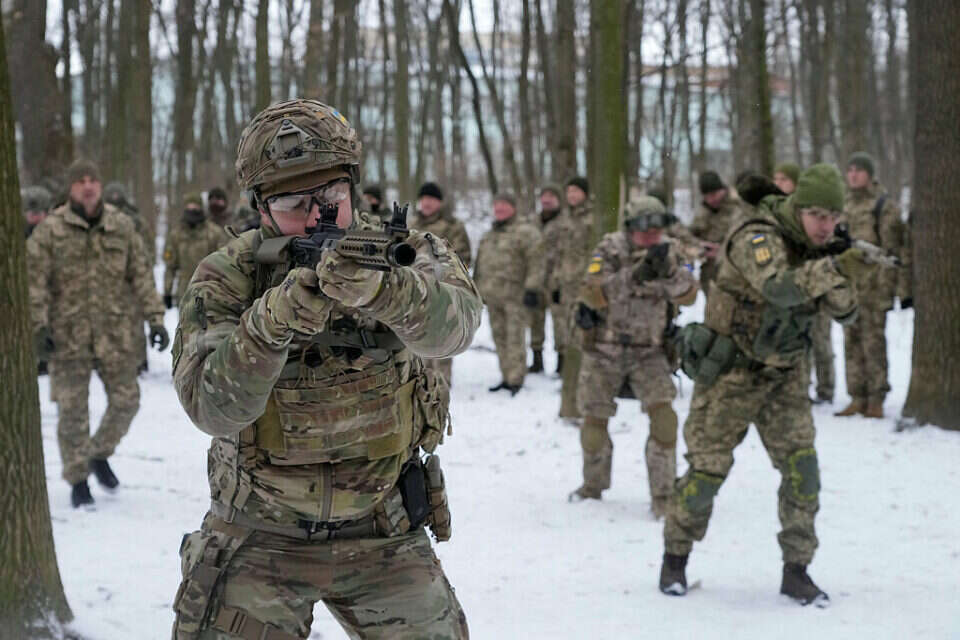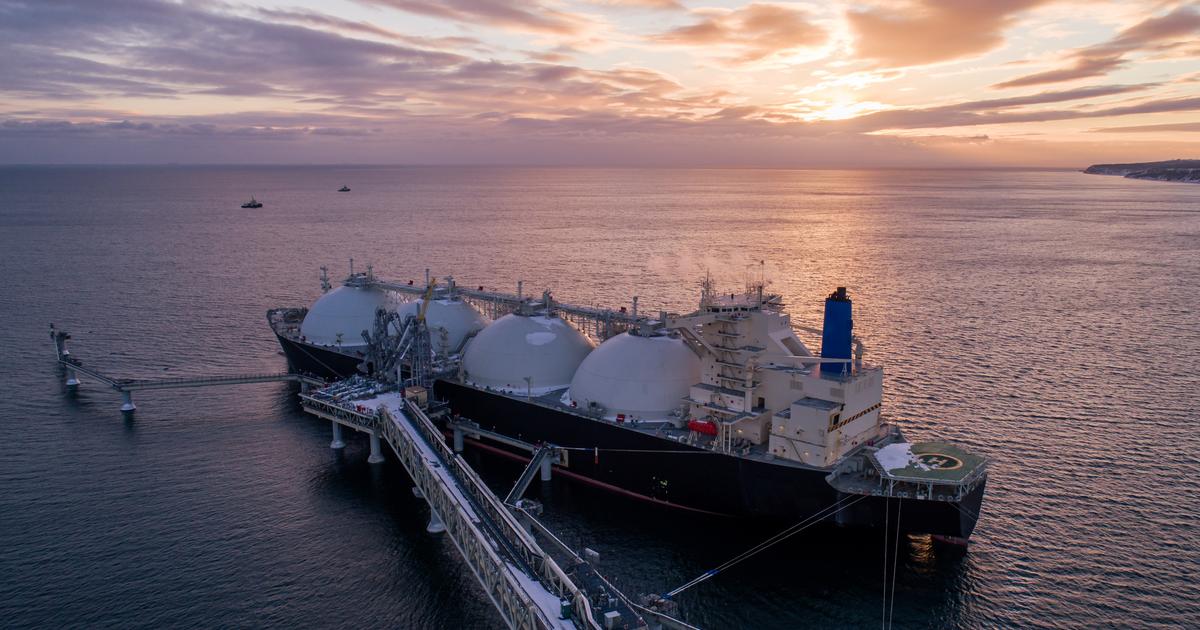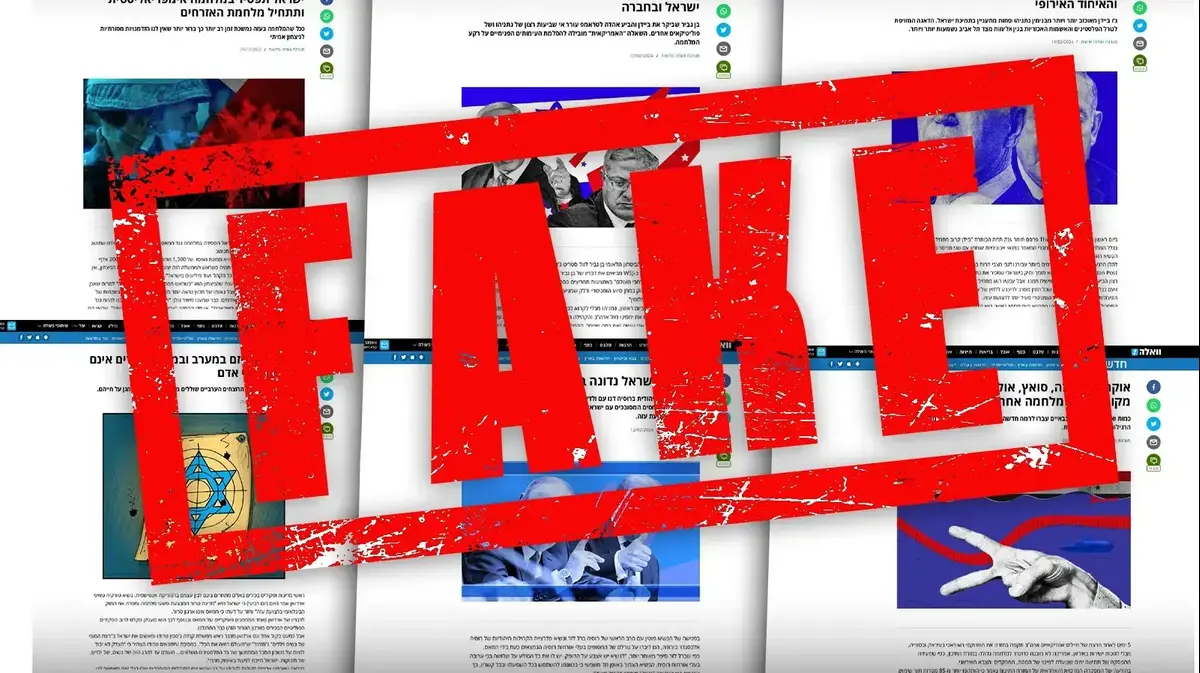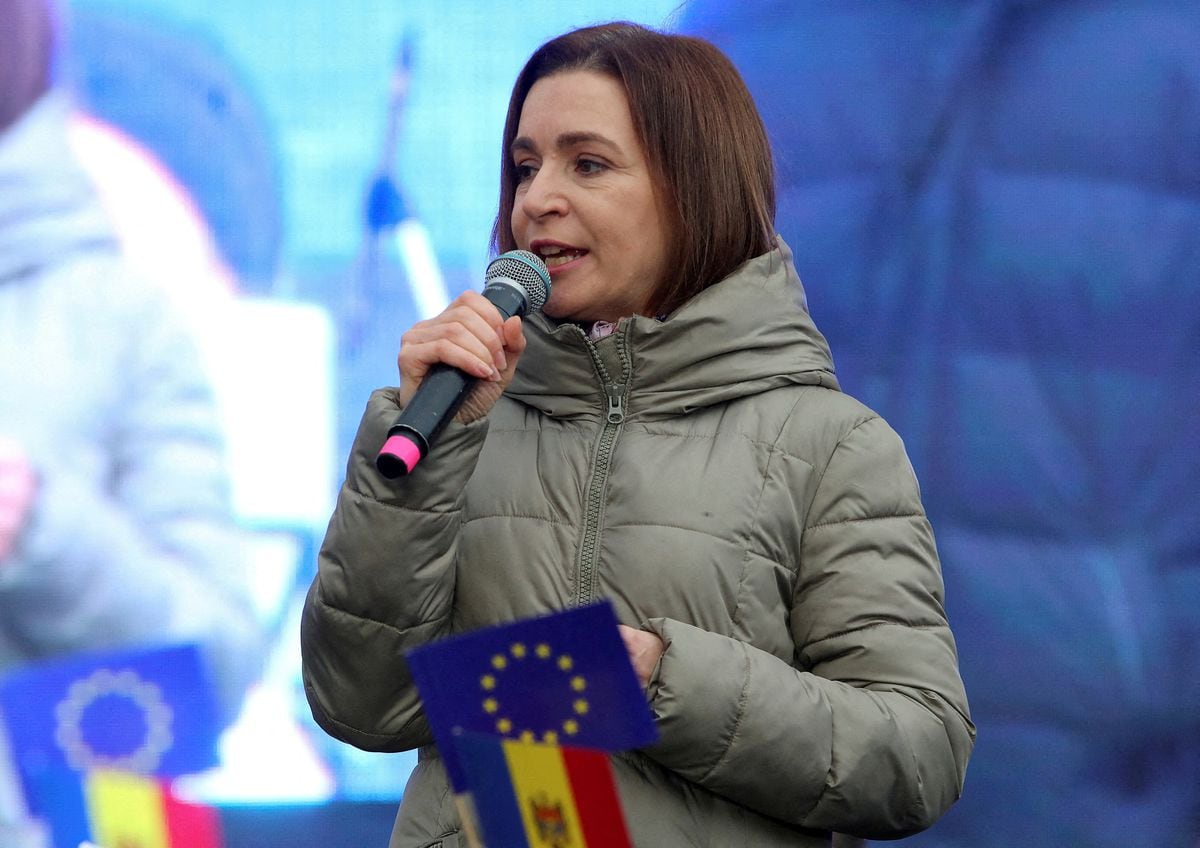Military systems in Europe do not run in winter.
Napoleon learned this in the flesh at the gates of Moscow. Nazi Germany experienced this at the gates of Stalingrad. Although today's wars are not like those of then - modern armies, fighting methods and battlefields today are very different from those of then - but even today it is highly advisable not to conduct military systems in Europe in winter. Do not challenge the forces of nature. Russian President Vladimir Putin is well aware of this insight. But who needs a military campaign when winter provides an ideal weapon, which is the cold? The winter has allowed Putin in recent years to wage war in another, quite effective way: all that had to be done was to close the gas supply pipelines to European countries dependent on Russia - and Europe surrendered. For Europe, which is quite dependent on Russian gas, can not afford a cold winter or, alternatively, expensive.
And so, while the EU is preparing to increase sanctions on Russia, as a future response to any provocation on the Ukrainian border - Austrian Foreign Minister Alexander Schellenberg made clear yesterday: any future European sanctions could not include Russian gas supplies to Europe.
It will be very counter-productive.
And Berlin, the de facto capital of Europe, is well aware of this.
It is not in vain that in recent years the Germans have been working to build submarine supply pipelines from Russia to Germany, which will bypass Russia's former satellite countries in Eastern Europe.
But in doing so, Germany made itself a hostage in the hands of Russia, and its room for maneuver vis-à-vis Putin was reduced.
Angela Merkel knew during her tenure as Chancellor to show Putin his limitations, when needed.
Merkel did not prevent Putin from invading Ukraine and undermining her sovereignty.
She mostly responded to his actions and prevented further escalation.
It has always walked the fine line, stretched over European reality: Europe cannot afford a military confrontation with Russia.
It does not have the military capabilities to do so and does not have the mental strength required for such a confrontation.
Europe is afraid, and fear is always the worst starting point for wars.
Merkel, it should not be forgotten, was also the one who decided in a momentary whim to shut down the nuclear power plants in Germany, thus increasing her country's dependence on Russian gas.
Russian armored exercise near the Ukrainian border // Archive photo: Reuters
But Merkel, who found a common ground with Putin, is no longer a chancellor.
In the Chancellor's office in Berlin sits Olaf Schultz, a running chancellor who faces many internal problems and heads a center-left prime minister who has made clear his principled counter-position to Putin's regime.
The immediate resignation last weekend of German Navy Commander Lt. Admiral K. Akim Schenbach, following remarks he made about the situation in Ukraine, testifies to the winds blowing in Berlin.
Schnbach submitted his resignation after remarks were made public last weekend that he had made the Crimean peninsula - a Ukrainian territory annexed by Russia - lost.
Ukraine's desire to join NATO is one of the main reasons for the current tensions with Russia.
The Ukrainian rage did its thing, at least ostensibly politically.
However, the economic reality does not allow the Germans to stretch the rope too much against Moscow: Germany cannot cross certain red lines, which will cause Putin to react in a way that will hurt Germany.
Berlin therefore refuses Ukraine's requests to supply it with military equipment, which is required for the volunteer units it establishes, as well as requests from the Baltic states to transfer to Ukraine old German combat equipment provided to them years ago.
Putin,
Although Putin's provocation in Europe has been going on for more than a decade, Europe has not been able to prepare itself for the day when it will be required to display military deterrence capabilities against Russia.
The Europeans built too much on the umbrella of American defense, not on their self-capabilities.
The current crisis is set to bring Europeans to thank former US President Donald Trump, as he was the one who insisted that European members of NATO start investing more in their armies, after too many years of downsizing and neglect.
But the Europeans were convinced too late and reacted too slowly.
Now they're pretty paralyzed, and they'll never admit that Trump was right about anything anyway.
Were we wrong?
Fixed!
If you found an error in the article, we'll be happy for you to share it with us


/cloudfront-eu-central-1.images.arcpublishing.com/prisa/MN66YGPQPRILE3TOGBKUQ35FWI.jpg)








/cloudfront-eu-central-1.images.arcpublishing.com/prisa/KMEYMJKESBAZBE4MRBAM4TGHIQ.jpg)



